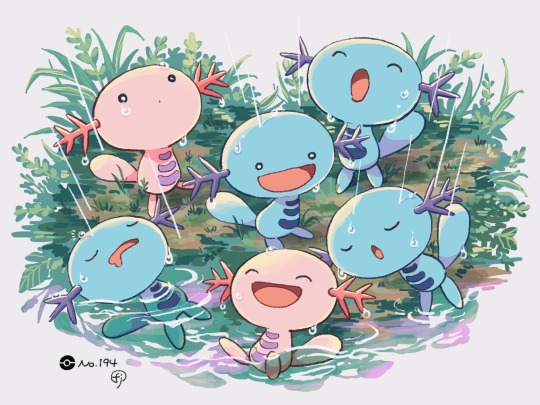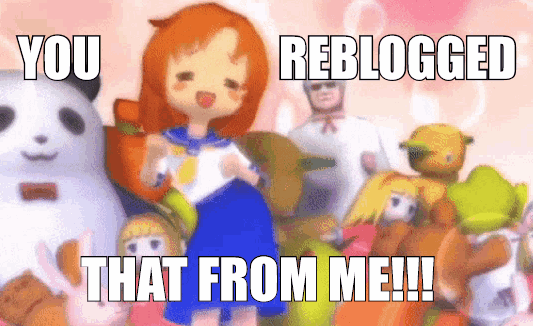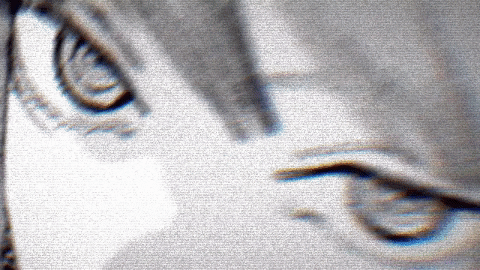Text
what if i just rest my eyes for a second
19K notes
·
View notes
Text

A wild Fat HO-OH Appeared!
Inspired by this amazing plush Link
15K notes
·
View notes
Text
Character Agency
Your characters should have agency. That means they have the power to influence what’s happening around them. We talked a bit about agency last time, revolving around how many female characters get agency stripped away from them. But overall, agency is important for any character to make them active participants in their own stories and feel necessary to the plot.
So here’s how you enable your characters agency:
1. They make active decisions
Okay this is the obvious one in theory, but still manages to sneak by in stories undetected. An active character with agency makes things happen through their decisions, instead of just their reactions. Take these two examples of a scene plan:
John is walking home when he is caught by a sudden storm. Looking to hide from the rain, he ducks under the cover of a bus shelter. Inside is Mya, and they strike up a conversation about their shared sucky situation.
Vs.
John is walking home when he is caught by a sudden storm. Luckily he brought an umbrella in his bag, and draws it out. Then, he sees Mya getting drenched by the rain ahead of him. He jogs to her, offering to share the umbrella. They strike up a conversation.
In the second example John isn’t just reacting but making a choice that’s changed something in the world. He may just happen to run into Mya, but it was his decision to run up to her, to offer her his umbrella. This action is a great indicator of his personality—he’s kind, trusting, and thoughtful even towards strangers.
That’s the most important part. A character who just reacts to everything doesn’t show off any personality, whereas action lets you demonstrate who your character is at their core (especially in difficult situations that call for difficult decisions).
2. Their actions have consequences
Similarly, the decisions your active character makes aren’t really decisions if they don’t impact any part of their world. For good or for bad, every decision your character makes should have a consequence. This could be shown through their relationships with others, their environment, or even their own mental, physical, or spiritual state.
If we’re going from the example above, John sharing his umbrella with Mya maybe starts their friendship, but her jealous, toxic boyfriend sees them through his window, making her and now his life difficult.
It’s a decision that has multiple consequences throughout his life—a new friendship, and also a new enemy. And Mya is also facing consequences—from her decision to walk with him, and his decision to offer her the umbrella.
Make sense? How do you ensure your character has agency?
513 notes
·
View notes
Text
I'm so mentally stable you can park a horse in my brain
84K notes
·
View notes
Text
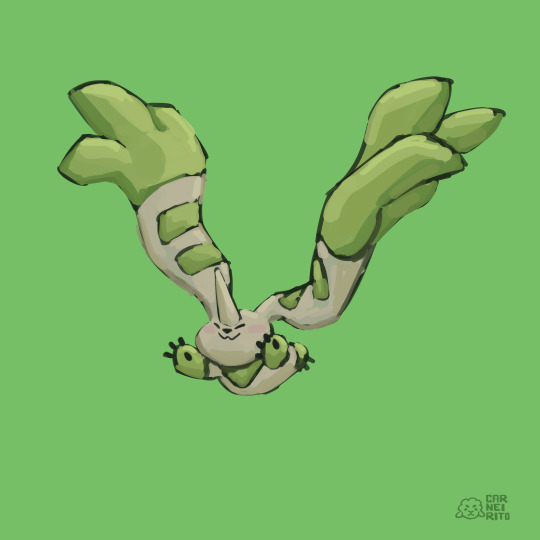

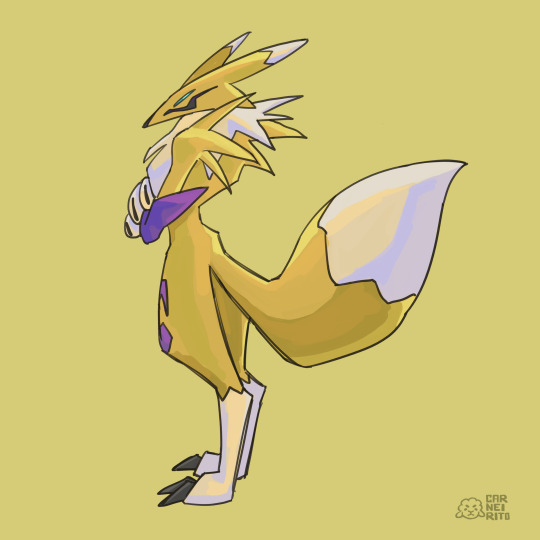
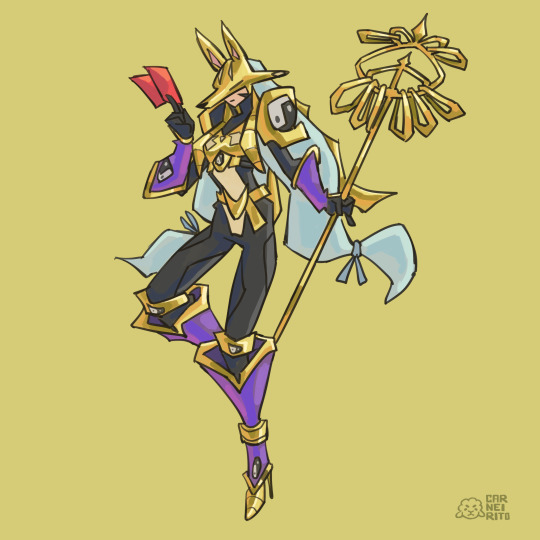
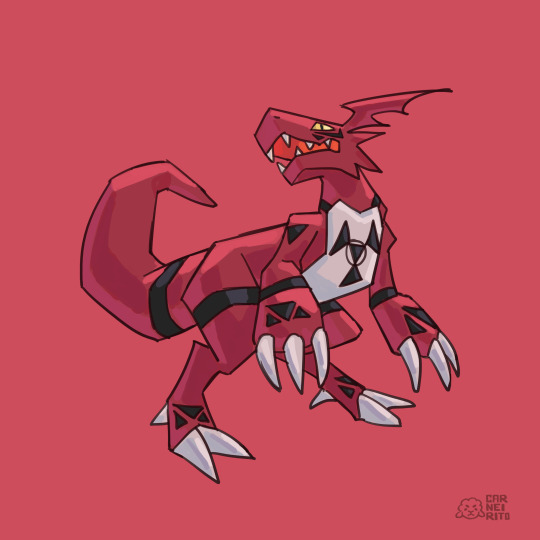
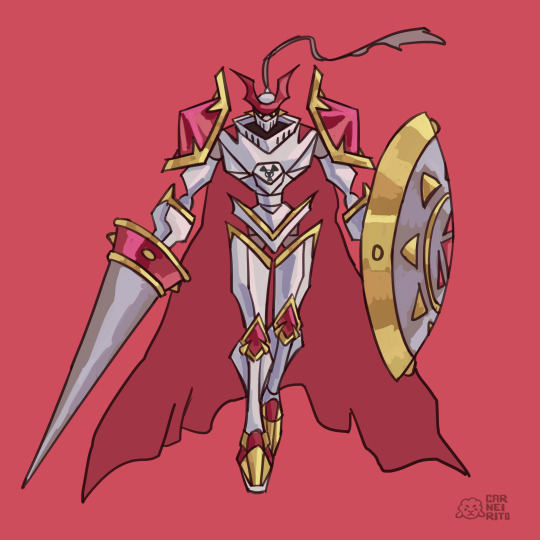
3K notes
·
View notes
Text
“On soft Spring nights I’ll stand in the yard under the stars — Something good will come out of all things yet — And it will be golden and eternal just like that — There’s no need to say another word.”
— Jack Kerouac, Big Sur
385 notes
·
View notes




